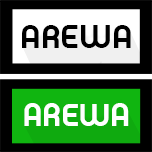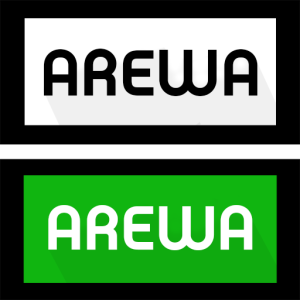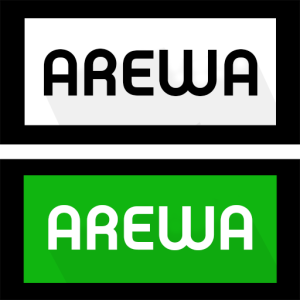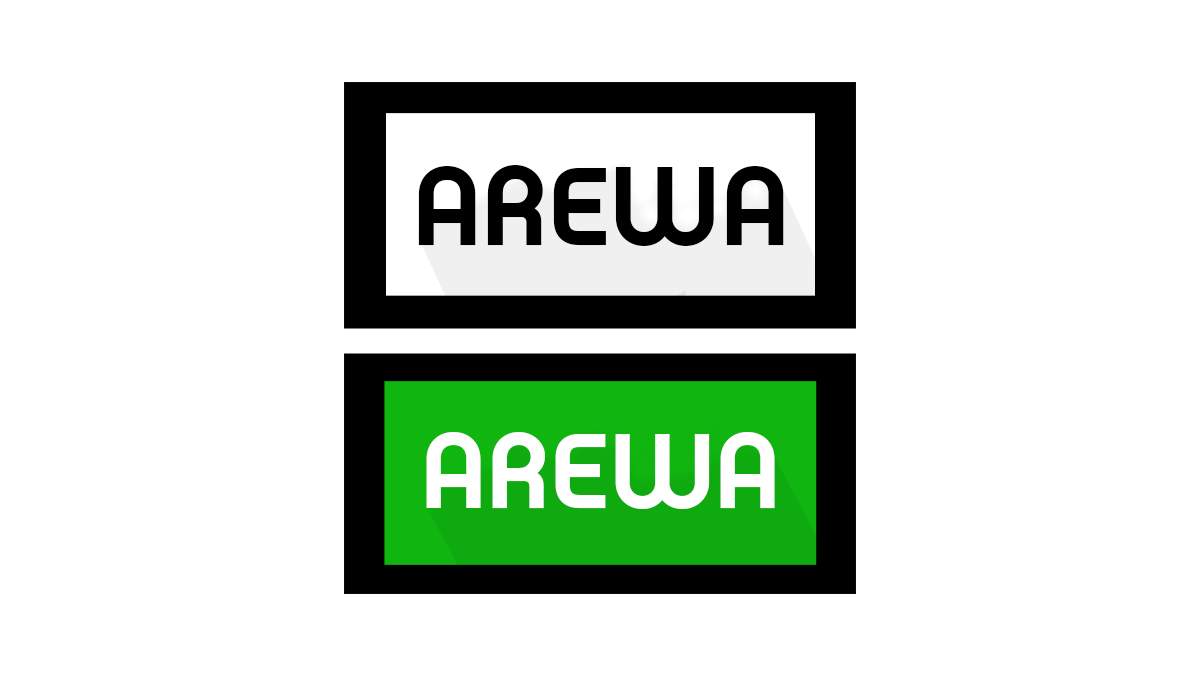The state government on Tuesday released its white paper on the report by the #EndSARS panel that probed the Lekki toll gate incident of October 20, 2020.
The Babajide Sanwo-Olu-led government faulted the panel’s report that nine persons were killed at the toll gate when soldiers stormed the protest ground to disperse the protesters.
In the White Paper, government described the claim of the panel that nine persons were shot dead as “assumptions and speculations”.
However, Adegboruwa in a document released on Thursday titled “Comments On LASG White Papers On ENDSARS Panel Reports,” noted that the Panel did not sit on any Petition dated 10th October, 2021, contrary to the facts stated on the Cover Page of WP1.
He also described the release of the White Paper as illegal, saying Governor Sanwo-Olu was not empowered to release the document.
He explained that the decisions of the Panel on Petitions were self-executory and not subject to review or rejection by the state government, affirming that this was the agreement and modality adopted from the day the panel was inaugurated.
“It is important to state from the outset that the Panel did not sit on any Petition dated 10th October, 2021, contrary to the facts stated on the Cover Page of WP1. Indeed, the Panel stopped receiving Petitions from the general public from 22nd December 2020.
“This is a total misconception of facts from the Committee that reviewed the Reports of the Panel. It is necessary to point out this grave error or misconception, as the case may be, in view of the needless hullabaloo following the minor error of tabular alignments contained in one of the Reports of the Panel, as raised by the LASG.
“As could be seen in paragraph 2.4 of WP1, the Panel paid the total sum of N409,700,000:00 to Seventy (70) Petitioners in respect of police brutality and general human rights abuses.
“The LASG provided the funds for the compensation. Thus, decisions of the Panel on Petitions were self-executory and not subject to review or rejection by the LASG. This was the agreement and modality adopted from the very day of inauguration of the Panel and it is covered by the extant Tribunal of Inquiry Law section 15, under which the Panel was set up.”
Adegboruwa described the White Paper as illegal, stressing that there is no provision for the issuance of a White Paper under the law setting up the Panel.
“There is no provision for the issuance of a White Paper under the law setting up the Panel. Under and by virtue of section 15 of the Tribunal of Inquiry Law, upon conclusion of any inquiry, the Governor is only empowered to issue directive for the enforcement of any decision emanating from the inquiry.
“The Governor cannot issue a White Paper to overrule the decisions of a Judicial Panel of Inquiry,” he said.
The human right activist dismisses the earlier narratives of some lawyers and workers of the state government that the Panel did not consider the cases of police officers. while he accused the government of involving in ‘pick and choose’, in respect of complaints against the police and the army.
“It is important to note the fact that the police is part of the security agencies of the federal government over which the LASG has no control statutorily, but it still accepted to pay compensation to victims of police brutality, which act in itself is very commendable, save that the LASG dithered when it came to compensation for victims of brutality by soldiers, apparently it was connected to the Incident of the Lekki Toll Gate of October 20, 2020.
“In Paragraph 4.0 of the WP1, the LASG accepted decisions of the Panel in respect of Petitions submitted by policemen and women who were victims of one abuse or the other before, during or after the EndSARS protests.
“These petitions relate to deaths, grievous injuries and loss of property. This is contrary to and disproves the earlier narratives of lawyers and agents of the LASG that the Panel did not consider the cases of police officers.
“The Panel recommended the investigation and prosecution of certain police officers whose names featured prominently in the Petitions heard and determined. In Paragraph 4.0 (ii) (a) & (b) of WP1, LASG undertook to request for the casefiles of the outcome of investigations of these police offices which would then be forwarded to the Director of Public Prosecutions for action.
“This is another clear instance of the game of pick and choose, adopted by the LASG in respect of complaints against the police and the army, both of which are outside the statutory control of the LASG but for the fact that the complaints against the army relate to the Lekki Toll Gate, the LASG would not touch them with a pole,” he stated.



